
Book
The Motive
Why So Many Leaders Abdicate Their Most Important Responsibilities
Recommendation
Bestselling business author Patrick Lencioni garnered fame for offering storytelling analogies to inspire leaders and to drive home his insights about leadership. Picking up where Aesop left off, Lencioni uses the familiar form of a fable to explain why top leaders, especially CEOs, should always let their mission be their greatest motivation. His inspirational storybook will help executives identify their purposeful motives and embrace their duties as servant leaders.
Summary
About the Author
Patrick Lencioni, the author of 11 business books with nearly seven million copies sold worldwide, is founder and president of The Table Group consultancy.
By the same author
Podcast
Podcast
Podcast
Book
Book
Book










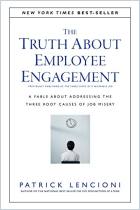


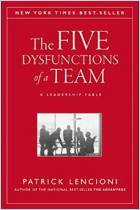
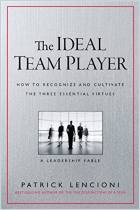
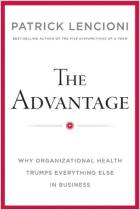
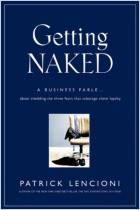
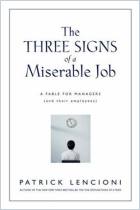
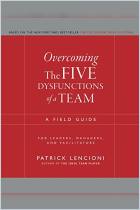

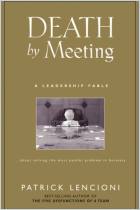

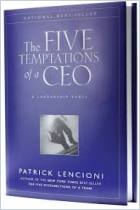
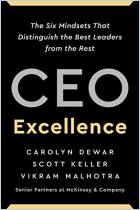
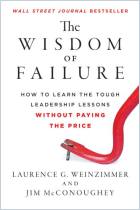
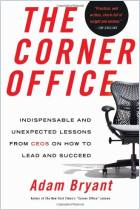
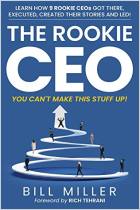




Comment on this summary